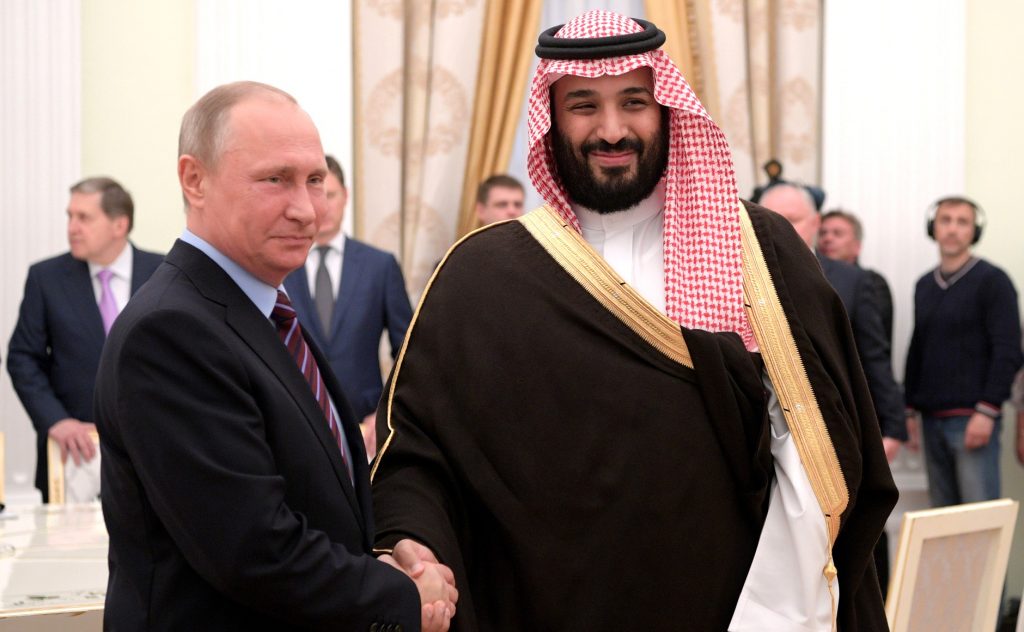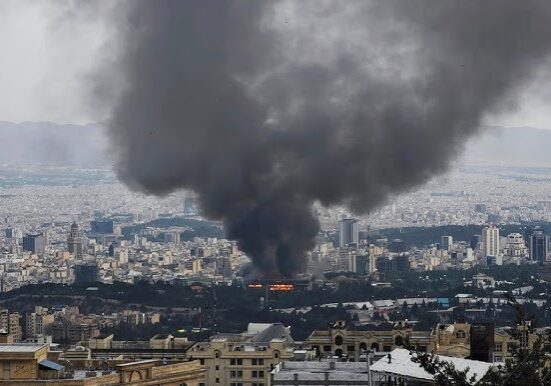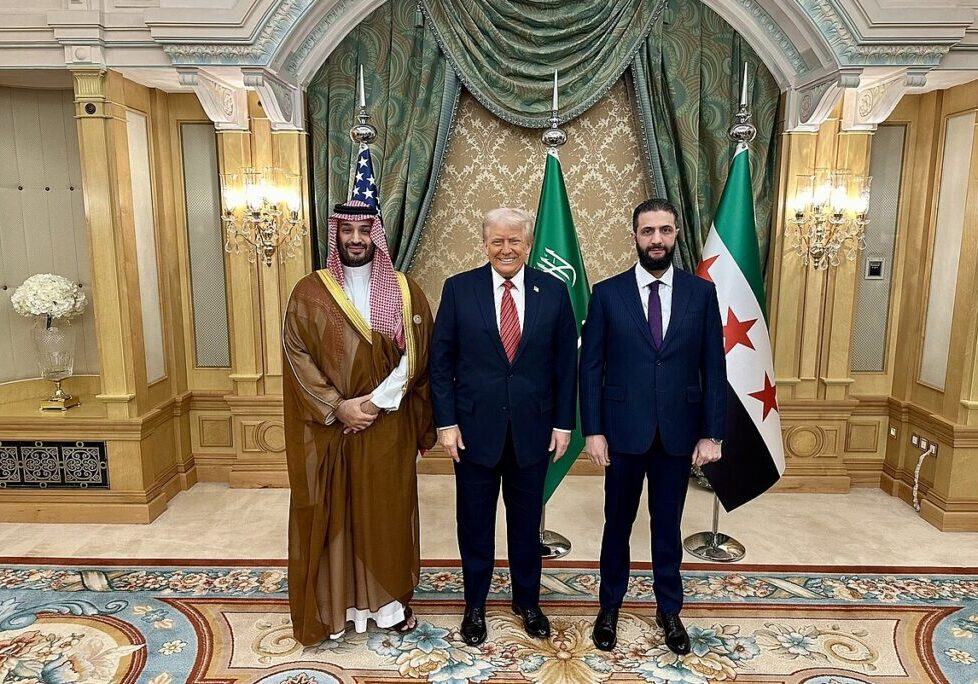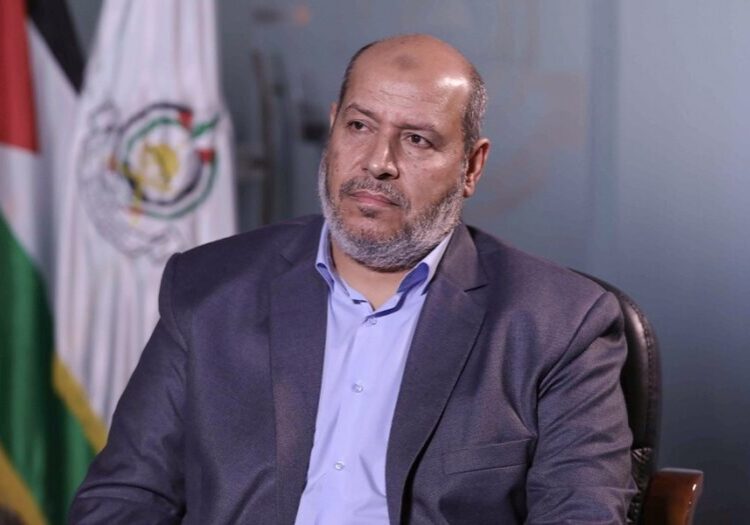Australia/Israel Review
Putin’s war has Mideast countries hedging their bets
Apr 1, 2022 | David Schenker

Like their counterparts around the world, Middle Eastern leaders are adjusting to the new geopolitical era created by the largest war in Europe since 1945. While the battle for Kyiv rages, many Persian Gulf governments are looking at what’s happening some 800 miles further west – in Vienna, where negotiations on a revived Iran nuclear deal are nearing their denouement.
For the Biden Administration, a deal in Vienna would represent a crowning diplomatic achievement – and Washington appears to be in an even greater hurry to end Iran sanctions in the vain hope that Iranian oil will hit the market and help lower prices sent spiking by the conflict. Already, therefore, Russia’s war in Ukraine is spilling into the Middle East.
It also won’t be lost on Washington’s partners in the region that the United States gave a security guarantee to Ukraine in 1994 – in exchange for Ukraine relinquishing the nuclear weapons it inherited from the Soviet Union. Only this past January, President Joe Biden’s White House issued a similar assurance to the United Arab Emirates after it had come under drone and missile attack by the Iranian-backed Houthi militia in Yemen. Responding to the attacks, US National Security Advisor Jake Sullivan assured the UAE of “unwavering” US commitment, pledging that Washington would “stand beside [its] Emirati partners against all threats to their territory.”
Read full article on the Washington Institute for Near East Policy website
David Schenker is the Taube Senior Fellow and director of the Program on Arab Politics at The Washington Institute for Near East Policy. Previously, he served as Assistant Secretary of State for Near Eastern Affairs during the Trump Administration. This article was originally published on the Foreign Policy website. © Washington Institute, reprinted by permission, all rights reserved.
Tags: Europe, Middle East, Russia






